Add to Wishlist
Agricultural Biotechnology And Transatlantic Trade Regulatory Barriers To Crops
Publisher: Alexis Press LLC
$135.00
ISBN 13: 979-8-89143-220-8
YEAR: 2024
eBOOK
Instant Delivery
SKU:
ALX-AG-220-8
Category:
Agriculture
Additional information
| Access Type | Download eBook, Read Only |
|---|
Be the first to review “Agricultural Biotechnology And Transatlantic Trade Regulatory Barriers To Crops” Cancel reply
You must be logged in to post a review.
Purchase now to read the book online.
Select optionsRelated products
Advances in Agronomy
$135.00
Agronomy is the science and technology of producing and using plants by agriculture for food, fuel, fiber, chemicals, recreation, or land conservation. Agronomy has come to include research in plant genetics, plant physiology, meteorology, and soil science. It is the application of a combination of sciences such as biology, chemistry, economics, ecology, earth science, and genetics. Professionals of agronomy are termed agronomists.
Advances in Agronomy
$135.00
Agronomy is the science and technology of producing and using plants by agriculture for food, fuel, fiber, chemicals, recreation, or land conservation. Agronomy has come to include research in plant genetics, plant physiology, meteorology, and soil science. It is the application of a combination of sciences such as biology, chemistry, economics, ecology, earth science, and genetics. Professionals of agronomy are termed agronomists.
Agriculture In Society
By Noel Frye
$135.00
Agrarian societies are dependent upon agriculture and have been around for more than 5,000 years. Imagine a society of farmers and you'll have a pretty good idea of what an agrarian society is all about. An agrarian society is a society whose economy and wealth are primarily based upon agriculture. Agrarian societies have been around for at least five thousand years. In fact, they still exist today. Nearly every civilization has spent some time as an agrarian society. The ancient Egyptian, Indian, Chinese, and Mayan societies were agrarian. Today, the poorest of the lesser-developed countries are pretty much agrarian societies.
Agriculture In Society
By Noel Frye
$135.00
Agrarian societies are dependent upon agriculture and have been around for more than 5,000 years. Imagine a society of farmers and you'll have a pretty good idea of what an agrarian society is all about. An agrarian society is a society whose economy and wealth are primarily based upon agriculture. Agrarian societies have been around for at least five thousand years. In fact, they still exist today. Nearly every civilization has spent some time as an agrarian society. The ancient Egyptian, Indian, Chinese, and Mayan societies were agrarian. Today, the poorest of the lesser-developed countries are pretty much agrarian societies.
The Science Of Vegan Food
$135.00
Agriculture in the United States
$135.00
Prominent Agricultural Scientists
By Brice Powell
$135.00
Agricultural Scientist is the one who is a specialist in analyzing farming methods and food production methods to enhance safety and crop yield. Through research, an agricultural scientist works on new and innovative ways to increase the quality of food grown and supplied. In complete coordination with the scientific community and policy-makers, an agricultural scientist reaches the solution.
Prominent Agricultural Scientists
By Brice Powell
$135.00
Agricultural Scientist is the one who is a specialist in analyzing farming methods and food production methods to enhance safety and crop yield. Through research, an agricultural scientist works on new and innovative ways to increase the quality of food grown and supplied. In complete coordination with the scientific community and policy-makers, an agricultural scientist reaches the solution.
Agricultural Technology
$135.00
A major turning point for agricultural technology is the Industrial Revolution, which introduced agricultural machinery to mechanize the labor of agriculture, greatly increasing farm worker productivity. In modern mechanized agriculture powered machinery has replaced many farm jobs formerly carried out by manual labor or by working animals such as oxen, horses, and mules. Advances in the 19th century included the development of modern weather forecasting and the invention of barbed wire. Improvements to portable engines and threshing machines led to their widespread adoption.
Agricultural Technology
$135.00
A major turning point for agricultural technology is the Industrial Revolution, which introduced agricultural machinery to mechanize the labor of agriculture, greatly increasing farm worker productivity. In modern mechanized agriculture powered machinery has replaced many farm jobs formerly carried out by manual labor or by working animals such as oxen, horses, and mules. Advances in the 19th century included the development of modern weather forecasting and the invention of barbed wire. Improvements to portable engines and threshing machines led to their widespread adoption.
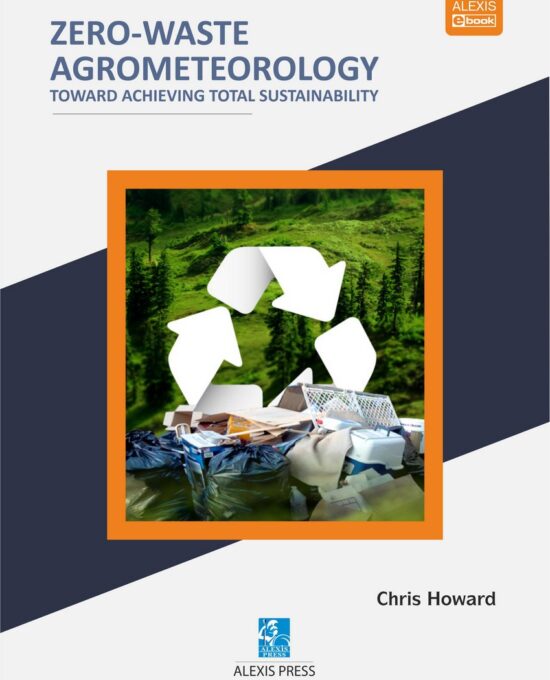
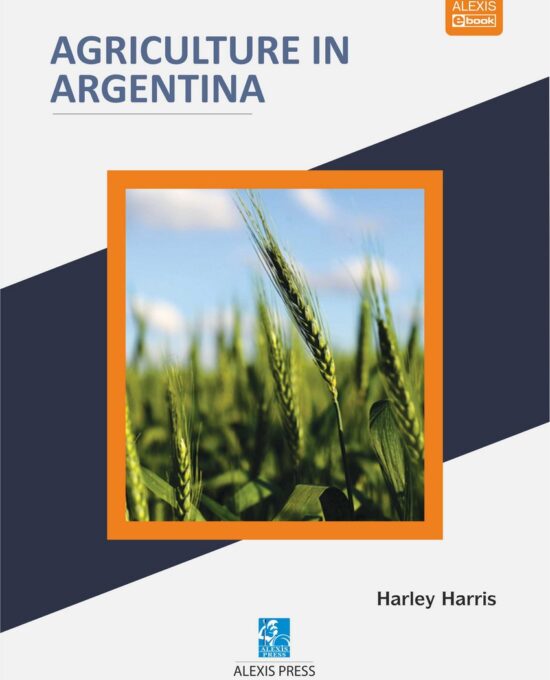
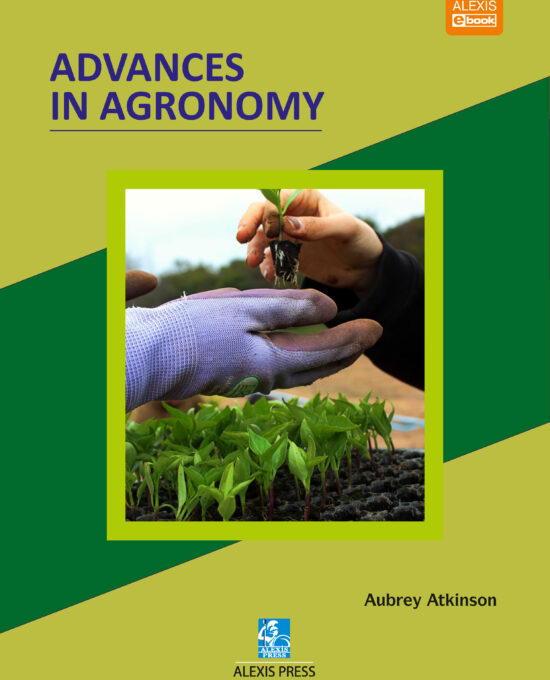
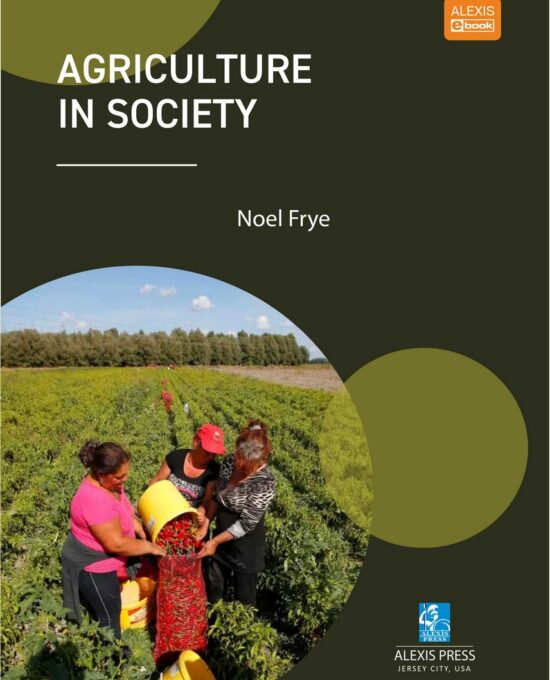
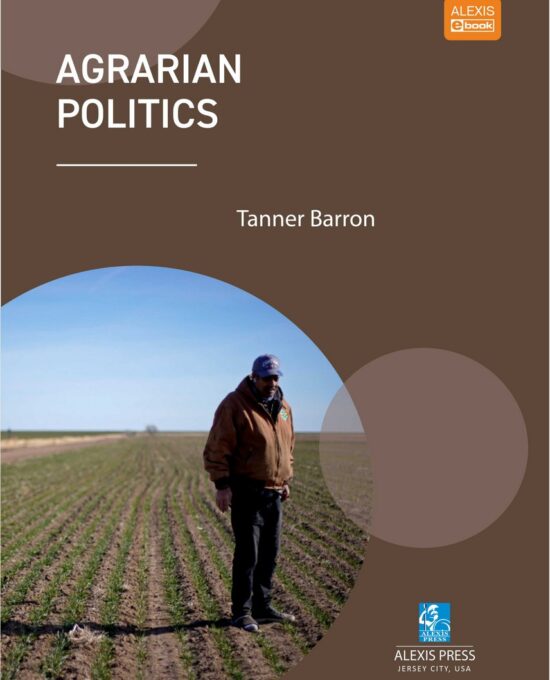
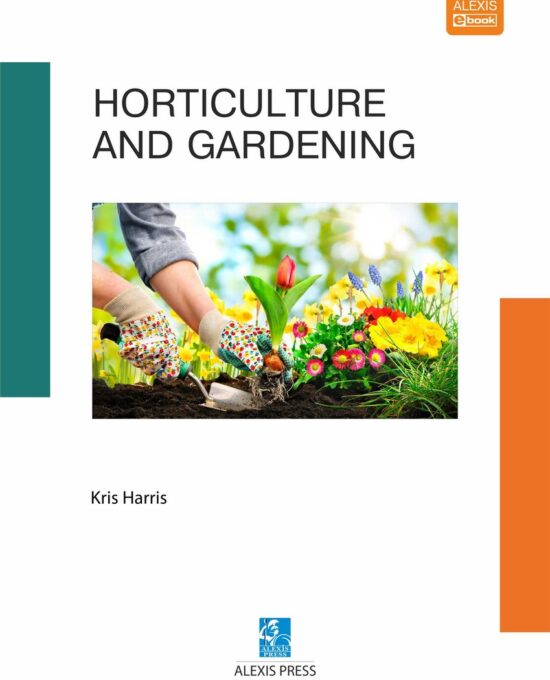


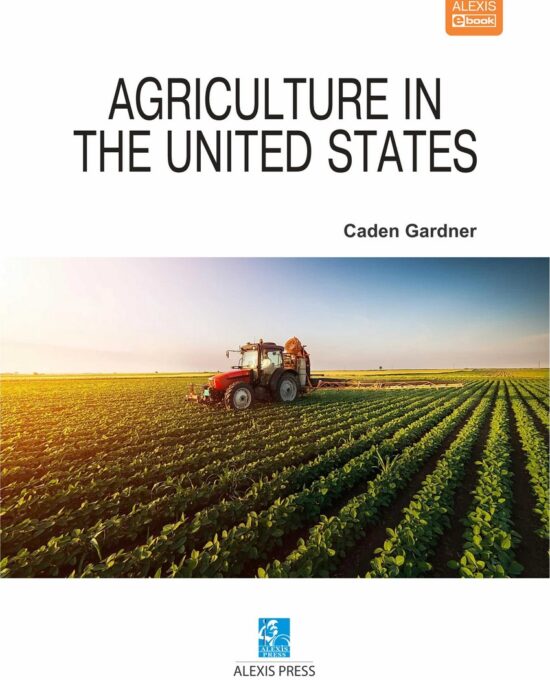
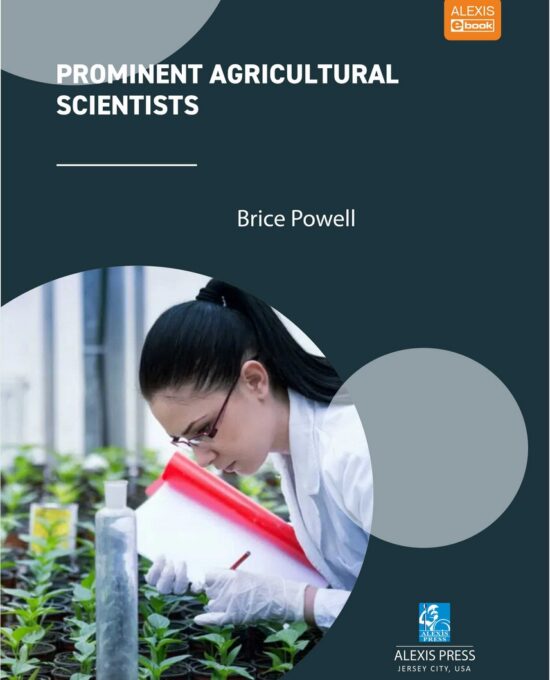
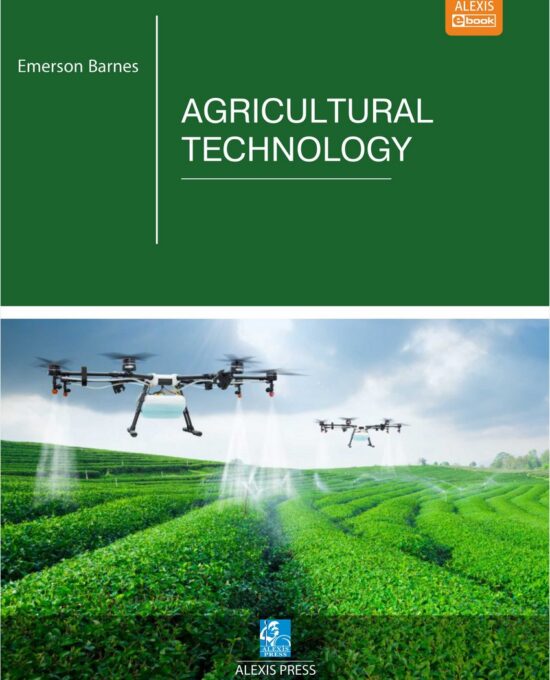
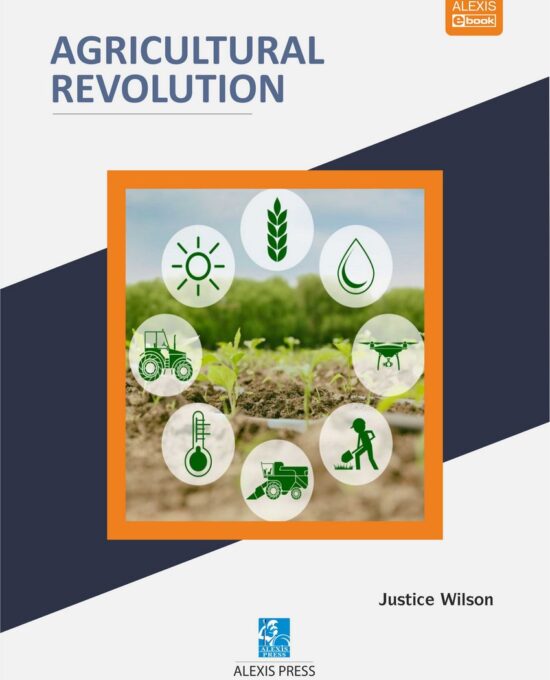
Reviews
There are no reviews yet.